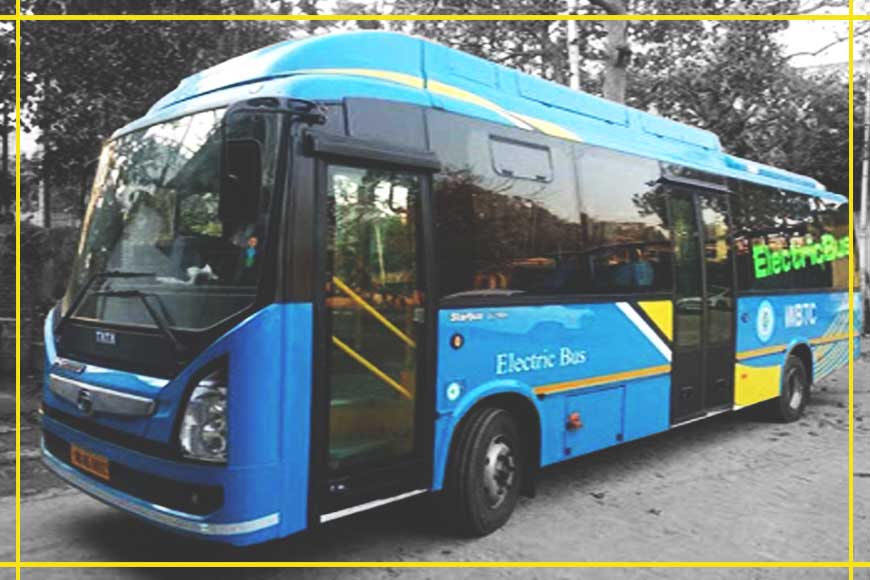Kolkata’s E-buses get international recognition from International Energy Agency, Paris

The Electric buses or E-buses that was launched in Kolkata in 2019 to reduce the air pollution of the city have now got an international recognition in a study conducted by the International Energy Agency in Paris.
The Global EV Outlook, under International Energy Agency, Paris, is an annual publication that identifies and discusses recent developments in electric mobility across the globe. It is developed with the support of the members of the Electric Vehicles Initiative (EVI). Combining historical analysis with projections to 2030, the report examines key areas of interest such as electric vehicle and charging infrastructure deployment, energy use, carbon dioxide emissions and the demand for battery material.
This edition, released on June 16th, 2020, featured case studies on transit bus electrification in Kolkata (India), Shenzhen (China), Santiago (Chile) and Helsinki (Finland). The report included policy recommendations that incorporate learning from frontrunner markets to inform policy makers and stakeholders that consider policy frameworks and market systems for electric vehicle adoption.
The Global Electric Vehicle Outlook 2020 published from Paris, has praised the use of these buses in Kolkata. Dr Brian Motherway, Head of Energy Efficiency Division, IEA, said “Energy efficiency is about learning from each other and highlighting good examples of success that all can benefit from. I am grateful to TERI, WBTC, and the Government of West Bengal for their important work in this cross-sectoral implementation effort, and commend them for highlighting the benefits of Kolkata’s electric mobility efforts. Examples such as these showcase the benefit and best practices of energy efficiency and electric mobility. The case study has also enabled Kolkata to act as an inspiration for other cities globally,”
As per the vision of Honourable Chief Minister Mamata Banerjee, E-buses had been introduced last year on different city routes. As part of the ‘Smart Transport System’ the state transport department will also introduce CNG buses soon which are environment-friendly. The major source of pollution in Kolkata is vehicular emission. Hence the state government is commited to replace such pollution causing vehicles with non-polluting ones. Not just Kolkata, these buses will also be launched in Durgapur, Siliguri, Haldia, Newtown and Asansol.
Since 2019, the WBTC has introduced 80 domestically manufactured e-buses. 150 more will enter service in the mid-term, and by 2030, the state plans to roll-out of 5,000 e-buses. The increased deployment of e-buses is expected to incentivize local manufacturing and motivate them to move towards electrification.
With these efforts in use, Kolkata is expected to considerably reduce the vehicular pollution in the city.









